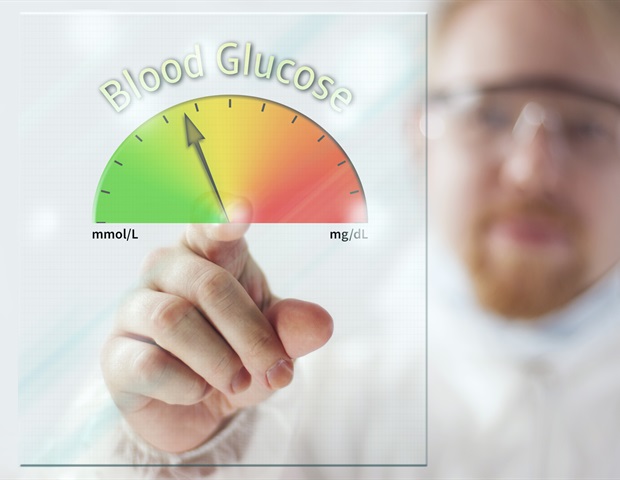New research indicates that heavy alcohol consumption can significantly heighten the risk of suffering a severe stroke in individuals in their early sixties. A study led by researchers at Harvard University highlights the growing concern regarding the increased incidence of strokes among otherwise healthy mid-life adults.
The study, published in the journal Neurology, involved an analysis of 1,600 stroke patients with an average age of 75. Findings revealed that individuals identified as heavy drinkers, defined as consuming three or more alcoholic beverages daily, experienced strokes approximately 11 years earlier than non-heavy drinkers. The implications of this research underscore the critical need for public health initiatives aimed at reducing alcohol consumption.
Dr. Edip Gurol, a stroke neurologist and the lead author of the study, noted that heavy drinkers not only suffered strokes at a younger age but also faced significantly larger brain bleeds. On average, these strokes were about 70 percent larger than those experienced by non-heavy drinkers. Moreover, heavy drinkers were nearly twice as likely to suffer from deep brain bleeds and exhibited a higher prevalence of cerebral small vessel disease, which contributes to long-term brain damage.
In assessing the impact of alcohol on stroke severity, the researchers conducted brain scans on the participants during their hospital admission. They found that heavy drinkers experienced strokes around the age of 64, while those who consumed alcohol moderately or not at all had strokes at an average age of 75. This earlier onset of severe strokes raises important questions about the long-term ramifications of heavy alcohol use on brain health.
Dr. Gurol emphasized the importance of reducing heavy alcohol consumption as a strategy not only to lower the risk of bleeding strokes but also to mitigate the progression of cerebral small vessel disease. “Reducing heavy alcohol use may not only lower a person’s risk of bleeding stroke, it may also slow the progression of cerebral small vessel disease, which in turn may reduce the chances of having another stroke, cognitive decline, and long-term disability,” he stated.
Despite the established link between heavy drinking and stroke severity, the researchers acknowledged certain limitations in their study. The reliance on self-reported alcohol consumption could introduce biases, potentially affecting the strength of the findings. Additionally, the study’s single-point brain imaging approach made it challenging to track changes over time.
Strokes are a significant health issue, affecting over 100,000 individuals in the UK annually, with a stroke occurring every five minutes. This condition ranks as the fourth leading cause of death in the UK and is a major contributor to disability. Recent findings have also suggested that no level of alcohol consumption is ‘safe’ regarding dementia risk, further underscoring the need for individuals to evaluate their drinking habits.
According to the World Health Organization, alcohol consumption is responsible for approximately 3 million deaths globally each year. The NHS recommends that individuals limit their alcohol intake to no more than 14 units per week, which translates to about six pints of beer or six large glasses of wine. However, experts continue to debate the health implications of drinking, and a growing consensus suggests that reducing alcohol intake could play a significant role in preventing both stroke and cognitive decline.
As the dialogue around alcohol consumption and health continues, further research is necessary to explore the mechanisms behind alcohol’s effects on brain health and to refine guidelines for safe drinking practices.







